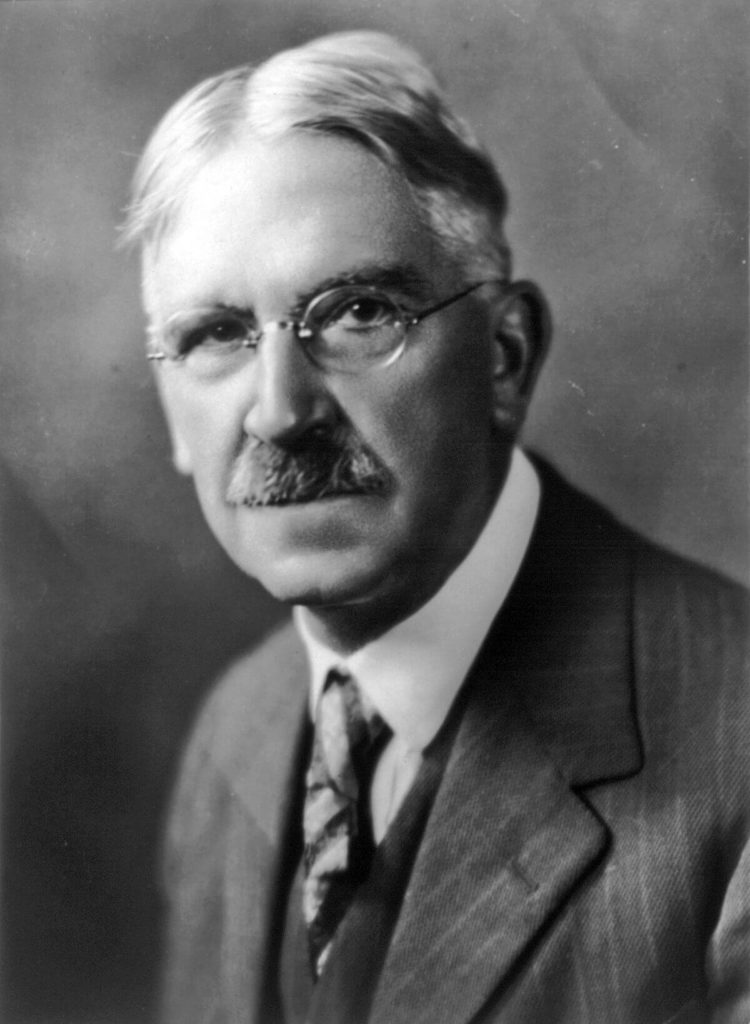John Dewey and education
John Dewey (1859-1952) was an American philosopher and an educator. He was a prolific writer and wrote forty books and approximately seven hundred articles in over one hundred and forty journals on many topics from philosophy, psychology to aesthetics. However, his ideas and approaches in education considered revolutionary during his lifetime, remain highly relevant to modern schooling today.
John Dewey, considered to be the “Father of Progressive Education,” believed that human beings learn through “hands-on” approach. For him, all learning happens through experience and it is key to the transmission of knowledge. He believed that learning by doing could enable students to develop their problem-solving skills and eventually, apply the learning in their present and future lives.

Dewey’s emphasis on learning by doing could be applied to schools providing more opportunities for students to interact with their environment. Instead of merely having learners read a book on a certain topic, they must be given the freedom to explore, learn from, and connect with the environment around them. Teachers, as guides and designers of the curriculum, should frame problem-centered lessons so that students are actively involved in real-life tasks and challenges. It is imperative, therefore, that teachers are trained in their subject matters, child psychology, social sciences, ecology, and various disciplines with the ability to interweave them together.
For John Dewey, schools should ensure that the learning experience they provide learners must lead to student growth and development. A carefully designed learning lesson would create a positive change in students and/or his/her community. Schooling should permit learners to develop and grow as effective and responsible citizens of society.
